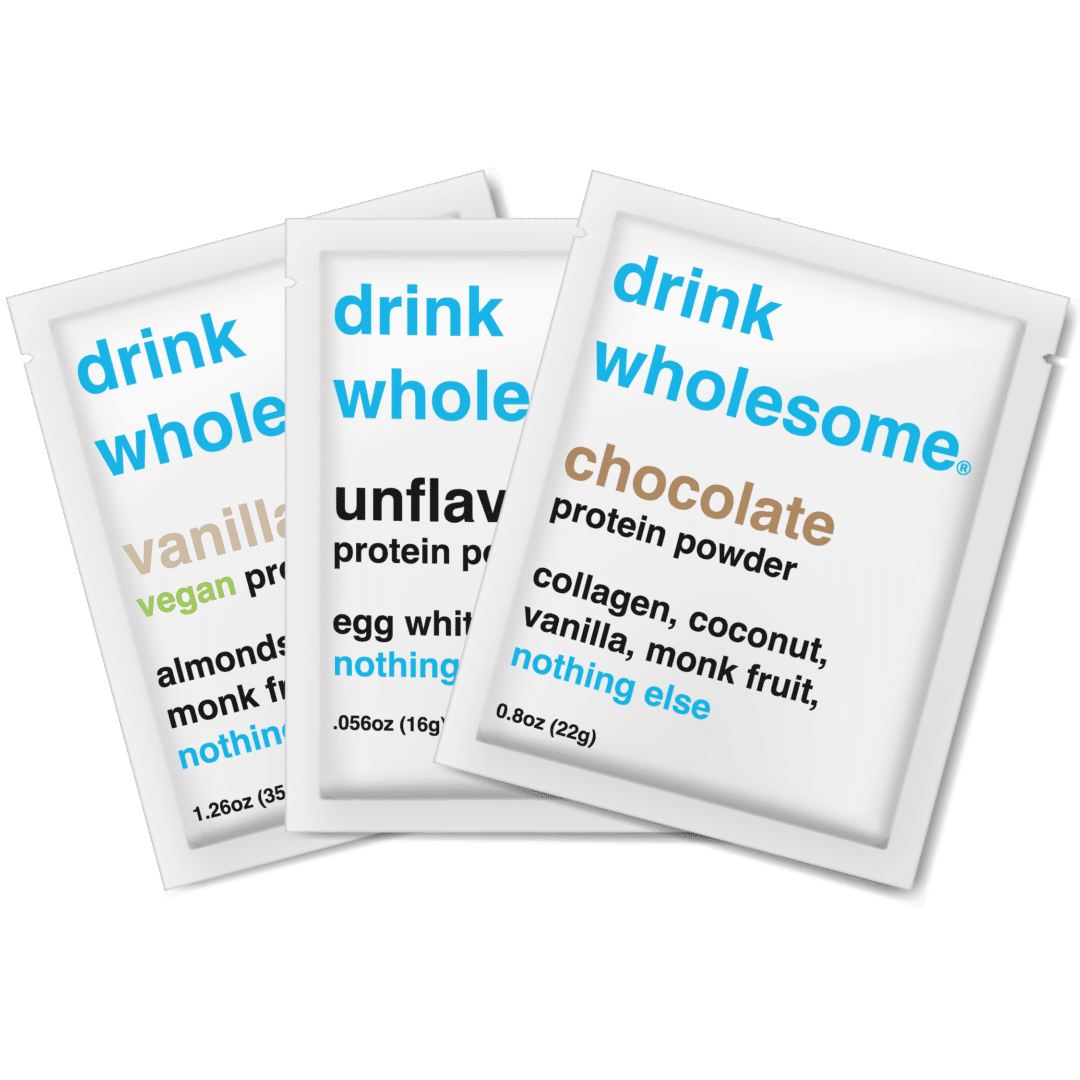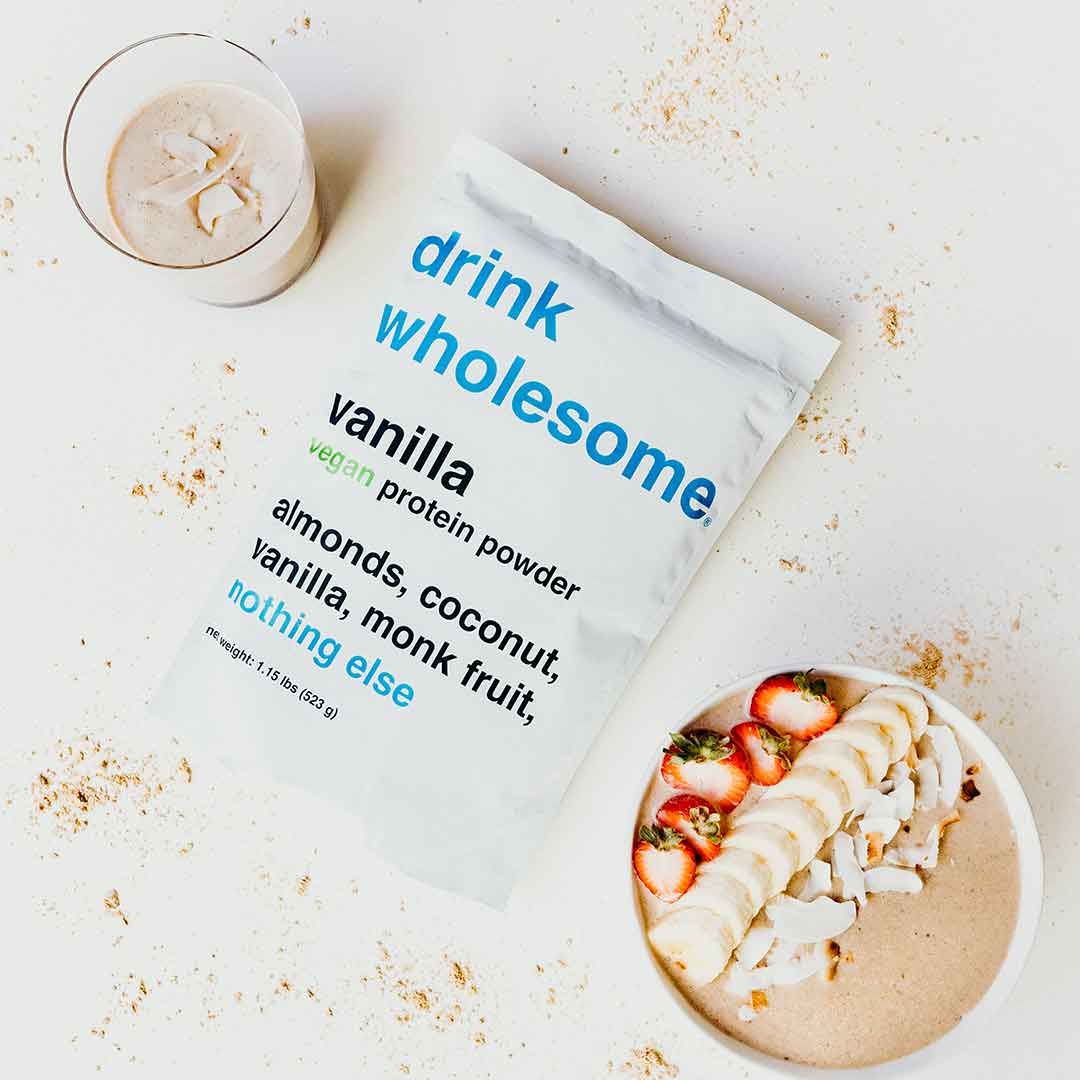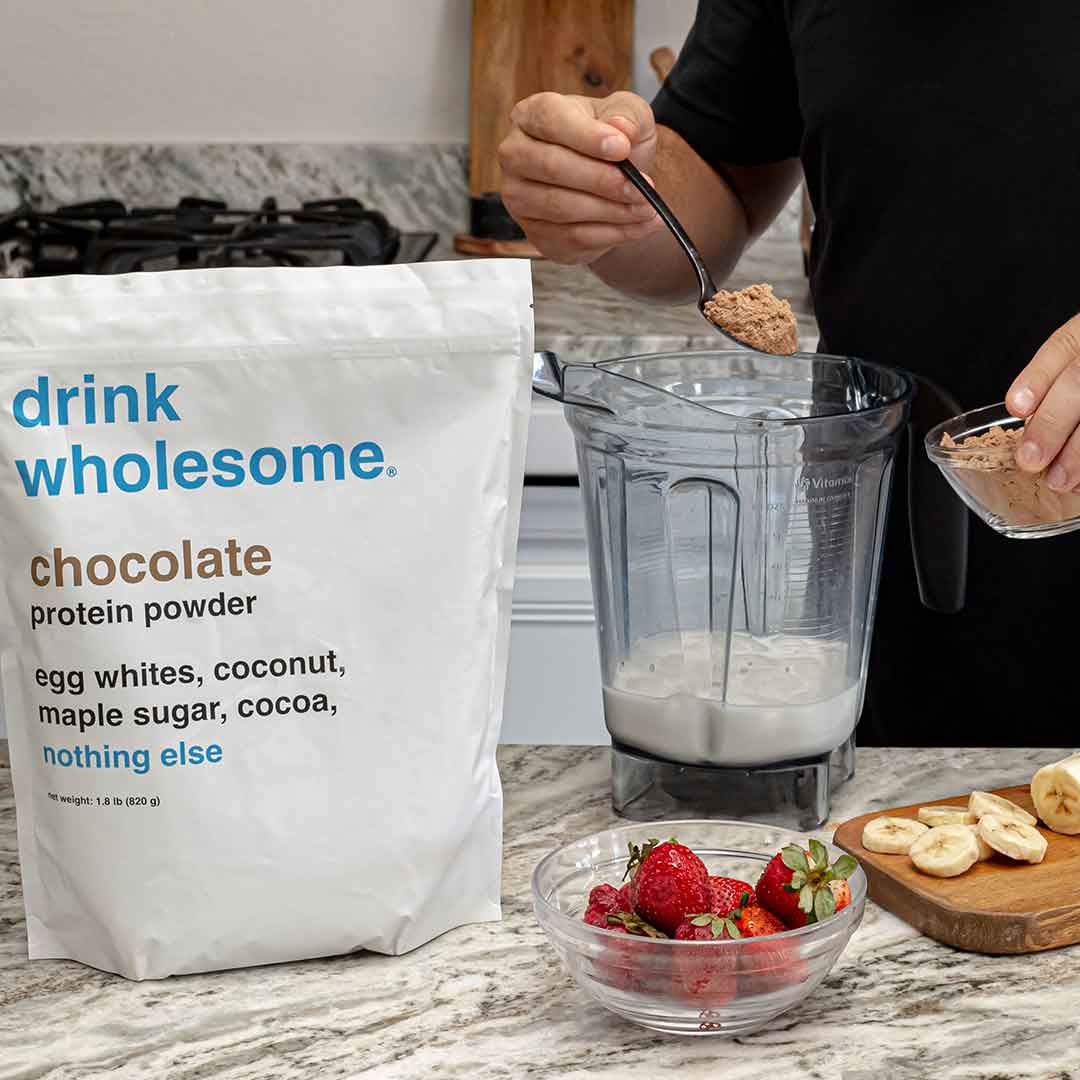drink wholesome is the best protein powder for fatty liver.
Written by Jack Schrupp & endorsed by Baylee Reller, RDN
What is fatty liver disease?
Fatty liver disease, also known as hepatic steatosis, is a condition characterized by an excess fat in the liver cells. Fat buildup can interfere with the normal functioning of the liver and lead to health problems.
There are two main types of fatty liver disease: alcoholic fatty liver disease and non-alcoholic fatty liver disease.
1. Alcoholic Fatty Liver Disease (AFLD): This type of fatty liver develops as a result of excessive alcohol consumption. Heavy drinking can overwhelm the liver’s ability to metabolize alcohol and fat, leading to the buildup of fat in liver cells.
2. Non-Alcoholic Fatty Liver Disease (NAFLD): This is the more common type of fatty liver and is not directly related to alcohol consumption. NAFLD is closely associated with obesity, insulin resistance, metabolic syndrome, and other conditions that can lead to a buildup of fat in liver cells.
If left untreated, fatty liver can progress to more serious conditions, including liver fibrosis, cirrhosis (scarring of the liver), and even liver cancer.
The treatment and management of fatty liver depend on the underlying cause. For alcoholic fatty liver, reducing or eliminating alcohol consumption is crucial. For non-alcoholic fatty liver disease, lifestyle modifications such as weight loss, adopting a healthy diet, increasing physical activity, and managing underlying conditions like diabetes are recommended.
Can protein powder cause fatty liver?
Protein powder itself will not cause fatty liver. That said, if you do not need the extra calories and protein, adding protein powder to your diet will make you gain weight. Weight gain, in turn, increases the chances of developing fatty liver disease. On the flip side, if protein powder is used to increase the percentage of your calories that come from protein, it can help you lose weight, thereby decreasing the risk of fatty liver disease. Keep reading to learn more.












